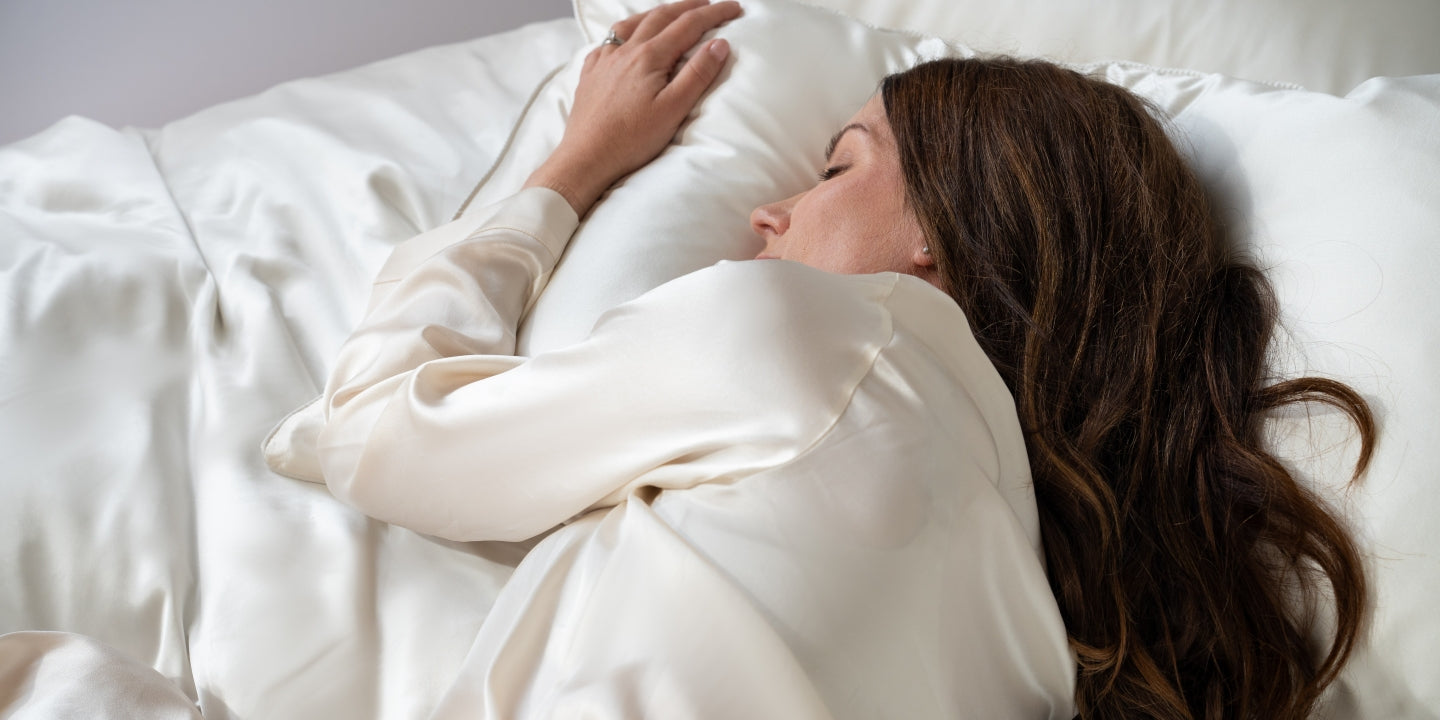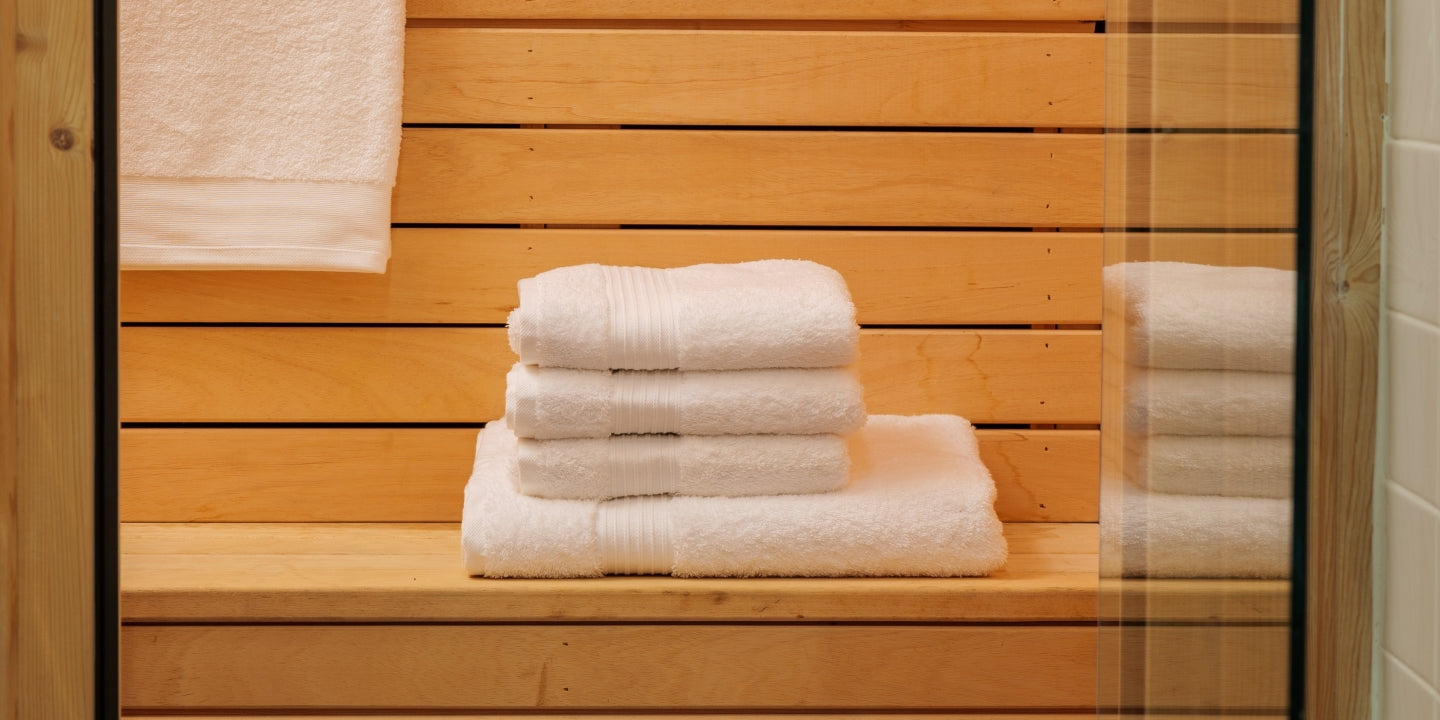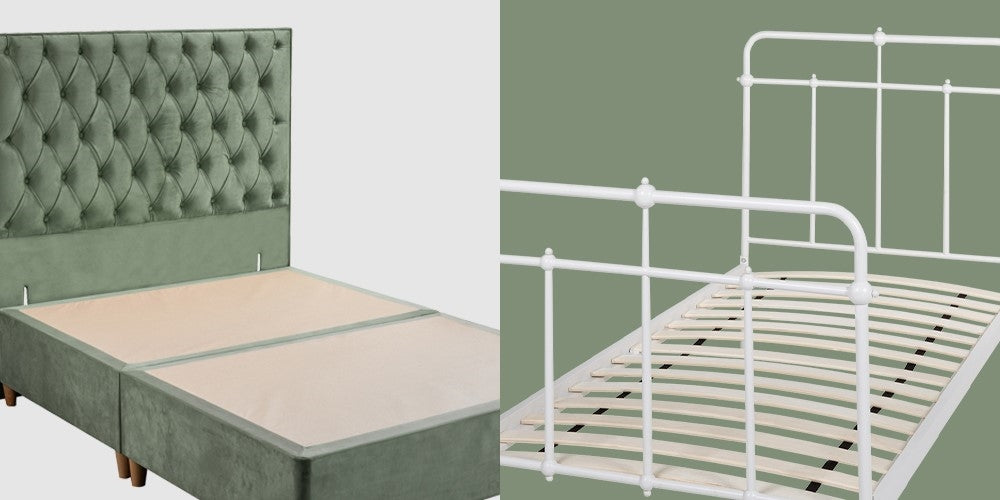News

Layer in Luxury: how to choose the perfect bedspread
Whether you are after an extra layer of warmth and comfort, or adding a touch of style to your bedroom, layer up with our selection of deluxe blankets, bedspreads and throws.

Scents to Soothe: How Aromatherapy Can Support You Through Menopause
Here at Soak&Sleep, we've teamed up with the wonderful Aery Living to find out how Aromatherapy can help support your sleep during menopause.

A Silk Story: From Production to Product
At Soak&Sleep we believe everyone deserves to be pampered. And if the occasional massage or candlelit bath isn’t cutting it, silk is clearly the answer.

Everything you need to know about waterproof bedding & how they work
We’d always recommend protecting your duvet, pillows and mattress from occasional spills and stains. Which one is right for you?

Five ways to make your bed feel luxurious like a hotel bed
One of the best things about travelling, whether for work or for leisure, is sleeping in a hotel bed. So how can you create that same feeling in your own bedroom?

6 Top Tips for Caring for Your Silk Sheets
Silk sheets are the most luxurious of all bedding but they can be tricky to look after. Here are our six top tips for caring for your silk sheets.

6 best ways to look after your duvet cover
So, you’ve treated yourself to a luxury duvet cover, but what are the best ways to keep your cover looking pristine, fresh and new for many years to come?

The Difference Between a Bath Sheet and Bath Towel
Here’s a topic that can cause some confusion for anyone that’s never heard of a bath sheet. What is a sheet, how is it different from any other towel? Well, don’t fret as we’re here to help make yo...

Divan Beds vs Bed Frames
When looking to create the perfect feel and aesthetic for your bedroom, furniture plays a huge role. Whether your style is sleek and modern, vintage and opulent, or playful and bold, choosing a su...


